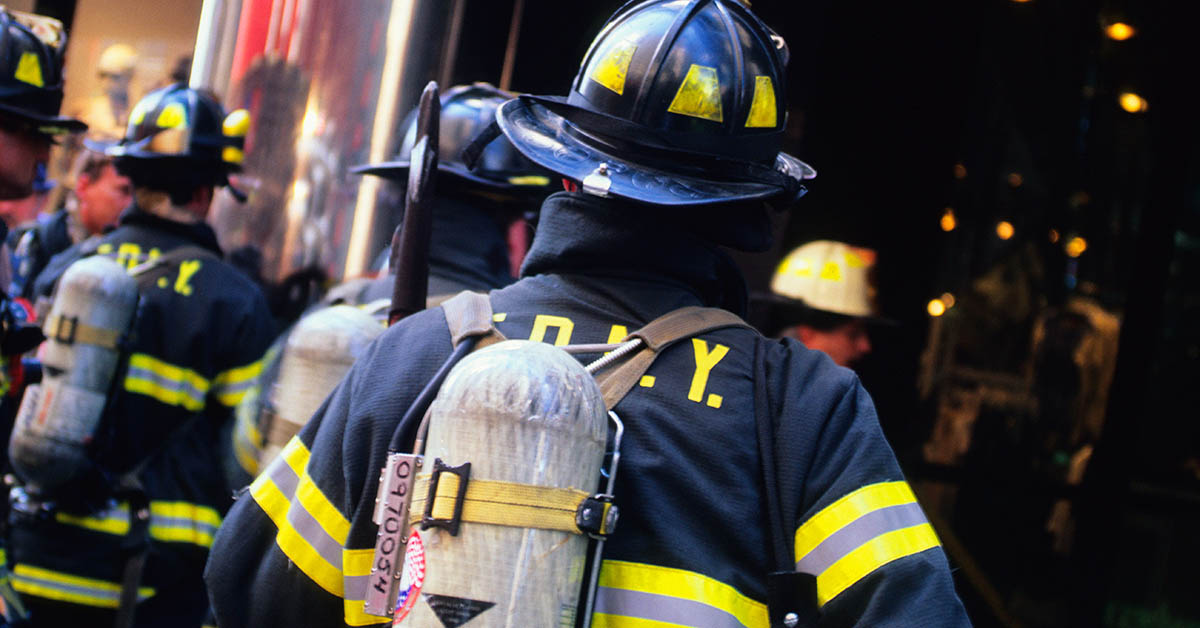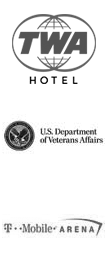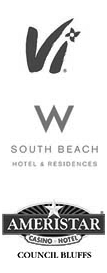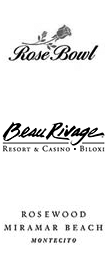Public Safety

RSS has exceptional expertise in the design, implementation, and commissioning of Public Safety Systems. There are two common terms for these systems. 1. Emergency Responder Radio Communication Systems (ERRCS), and 2. Emergency Responder Communication Enhancement System (ERCES). An ERRCS emphasizes the system’s role in facilitating radio communication for emergency responders. It is sometimes preferred in jurisdictions or documents that want to stress the importance of radio communication in emergencies. An ERCES highlights the system’s role in enhancing the general communication capabilities for emergency responders, encompassing more than just radio signals. It’s a slightly broader term. In public safety and communications, many acronyms and phrases can be identical or overlapping, therefore always be clear, especially when discussing technical specifications or regulatory compliance.
With an in-depth understanding of the crucial role these systems play in emergency communications, we specialize in providing dependable and robust communication solutions. RSS has a comprehensive understanding of the intricate web of Federal, State, City, and County fire and life safety regulations. It is second nature for us to navigate these complex regulatory frameworks, ensuring that our Public Safety deployments adhere to all pertinent codes and standards, thereby facilitating seamless communication in critical emergency situations.
In the interest of providing some context, a Public Safety System is a wireless communications deployment that is used by first responders and emergency services personnel, such as police, fire, emergency medical, homeland security, and disaster response agencies (Federal, State, Local, and so on), to enable responder communications in response to incidents or situations that put people or property in danger. These agencies include police, fire, emergency medical, and homeland security.
These types of solutions must satisfy the criteria for emergency responder radio coverage established by the State Fire Code. Every Public Safety Solution must also meet the requirements of the local Authority Having Jurisdiction (AHJ), any city and/or county requirements for Public Safety Radio Systems (which must be confirmed and updated throughout the duration of the project), and the Federal Standards outlined by the IFC (International Fire Code) and NFPA (National Fire Protection Association). In a given jurisdiction, the AHJ is the regulating body or regulatory organization responsible for enforcing fire and life safety codes and standards.
The requirements, procedures, and involvement of the AHJ can vary by state and municipality. RSS works closely and diligently with the local AHJ throughout the entire process (including compliance assessment, documentation preparation, permit application submission, review and approval process, site inspection, and permit issuance) to ensure compliance with local regulations and to address any questions or concerns that may arise. By adhering to the AHJ’s approval and permit requirements, the Public Safety System can be implemented in accordance with the applicable fire and life safety codes, thereby improving the communication capabilities of emergency responders.
Our Clientele
Explore some of the great companies that RSS has worked with.
Why RSS?
The licensed wireless industry is intricate. Experience has been a part of Repeated Signal Solutions (RSS) from the company’s inception in 2004. Unlike our rivals, RSS has been active in the licensed wireless frequency market for 19 years and still represents the majority of our first clients nationally.
- 1
Financial Transparency
The RSS methodology has been demonstrated to put everyone at ease. This approach is the result of 19 years of expertise. - 2
Trust: 92%+ of Our Customers Are Recurring
Among licensed wireless services, RSS is one of the few that puts the client first. - 3
Respect and Understanding for All Stakeholders
To ensure that each party contributes for their use case, our process supports the creation of budgets for each group’s allocation of the system. - 4
Total Solution Experience
We offer end-to-end life cycles with the standard carriers SLAs starting at 10 years as part of our solutions.
Ready to Speak With Our Team?
RSS’ mission is to act on behalf of our customers and provide innovative methodologies and detailed solutions that meet their wireless coverage challenges. We strive to provide value propositions based upon ethical business approaches with a high level of transparency and communication which builds mutual trust, respect and a basis for replicable results in our products and services delivery.
Pete Bohley, President of RSS
























